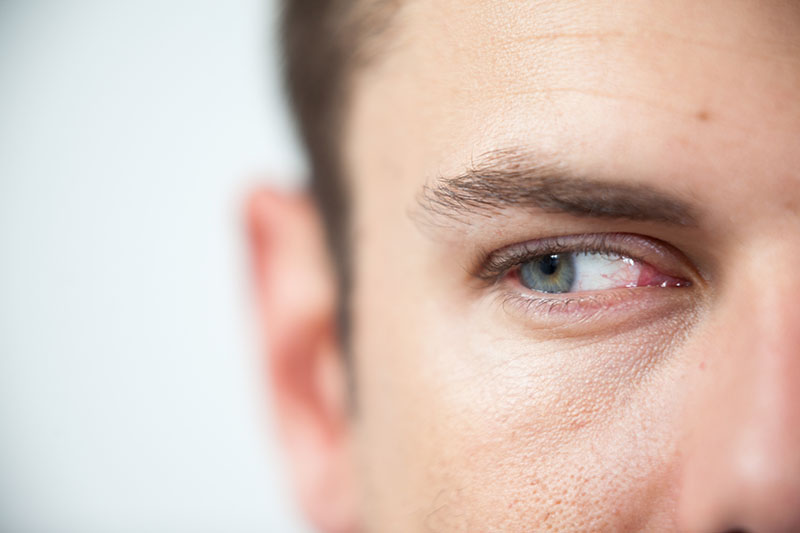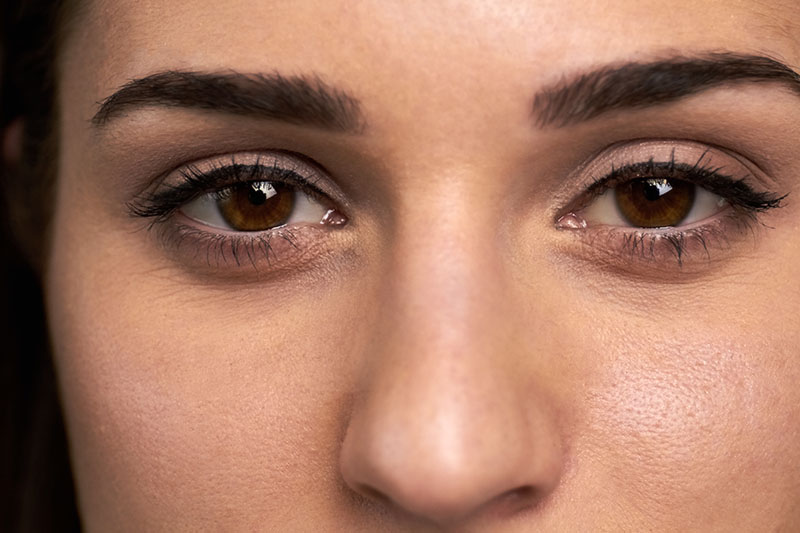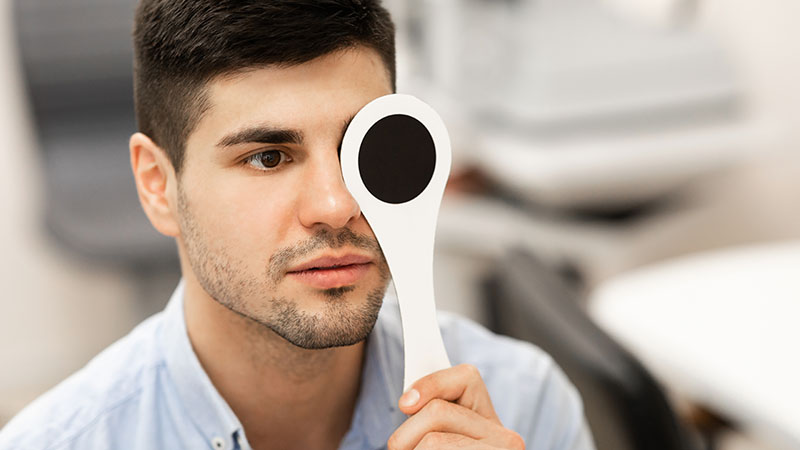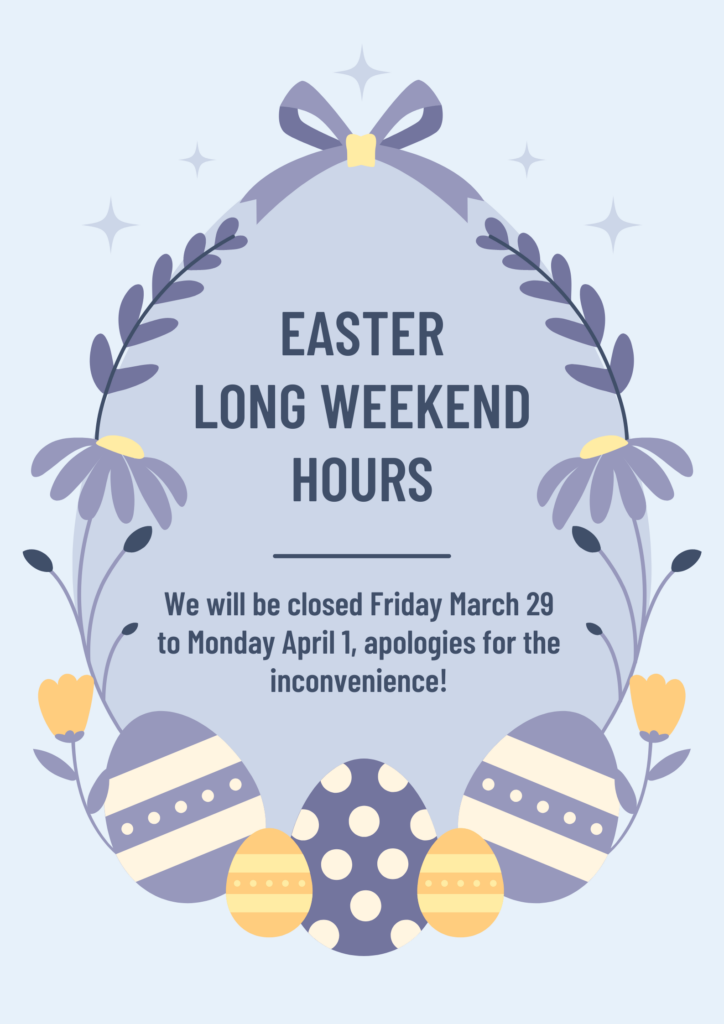Adult Vision Therapy

The vision and function of the brain go hand in hand. The way we process depth, direction, speed, and colour all comes down to how our brain interprets the visual information our eyes provide.
Traumatic brain injury such as a concussion or stroke, or diseases such as MS, cerebral palsy, or chronic traumatic encephalopathy (CTE), can manifest devastating visual problems.
There are many visual impairments that may result after a severe head injury or disease.
This includes:
- Tracking issues
- Diplopia (double-vision)
- Maintaining physical eye focus
- Strabismus (eye turns)
- Binocular Vision Dysfunctions (the ability to coordinate the two eyes to work together)
- Balance and coordination problems
- Reduced ability to sustain attention on visual tasks
- Poor depth perception
- Confusion related to visual tasks
- Difficulty reading localized objects
- Reduced visual acuity from a distance
- Reduced visual acuity to objects up close
- Accommodative Disorders (problems with focusing the eyes)
- Visual Field loss (loss of vision in one or more areas)
- Deficits in visual-motor (eye movement problems)
- Ocular Motility Disorders Integration (problems coordinating our eyes with our bodies)
- Problems with accurate visual information processing


How do you know if a brain injury has affected your vision?
This is a bit tricky! The effects of head injuries on the neuro-visual system are not always obvious early on. They can even go under detected after physical examinations because not all healthcare providers are trained and equipped to identify depresses in your visual acuity after head trauma. It is best to visit a neuro-optometrist if you suspect there are issues with your vision after a head injury. These professionals are optometrists who are trained in vision therapy and neuro-optometric rehabilitation and can effectively identify and treat any vision-related problems in those who have or are suffering from visual deficits/dysfunctions due to brain injury or disease.
What is Neuro-Optometric Rehabilitation?
The brain is resilient and surprisingly elastic! It can be retrained and rewired after injury. Neuro-optometry is a specialized field of optometry that is often paired with vision therapy. This form of therapy works to actively retrain and reprogram the visual processing system responsible for interacting and interpreting the visual stimuli of the world around us. Neuro-optometric rehabilitation is an extremely versatile therapy using a combination of visual exercises, specialized lenses, and targeted visual stimuli to retrain the patient’s brain to process visual input correctly.
It is incredibly important to properly identify and address any abnormalities in vision after head trauma. Additionally, certain brain conditions also can affect your visual systems! If you or a loved one have experienced an accident or are dealing with a neural condition and have been experiencing any of the symptoms listed above, talk to us! The experts at Lumos Vision Care are here to help. We can identify any abnormalities in the neuro-visual system and properly treat them using personalized therapies to ensure you get the most effective treatment possible!





